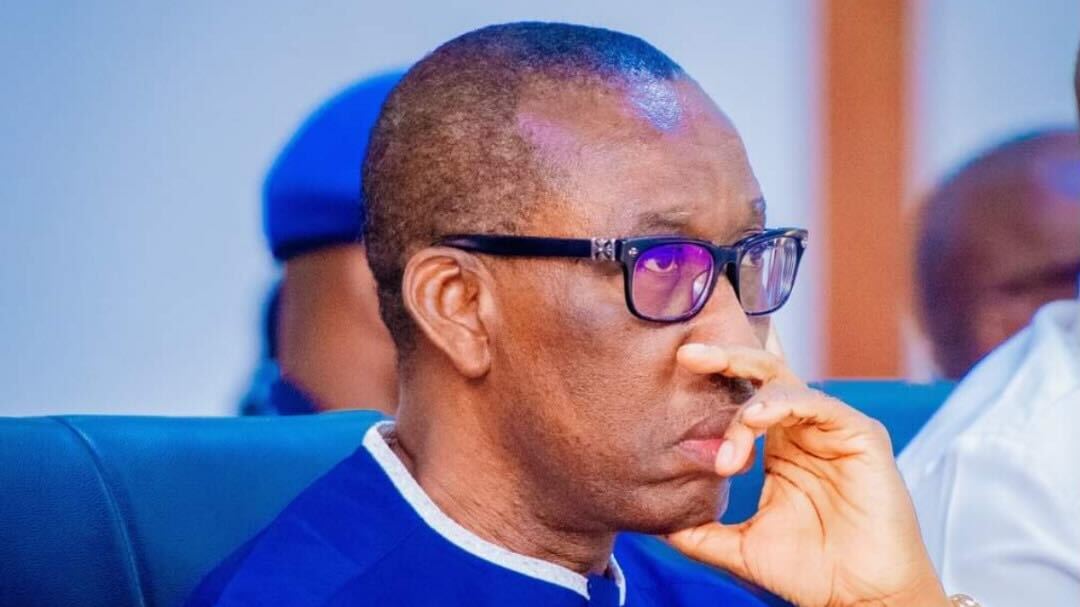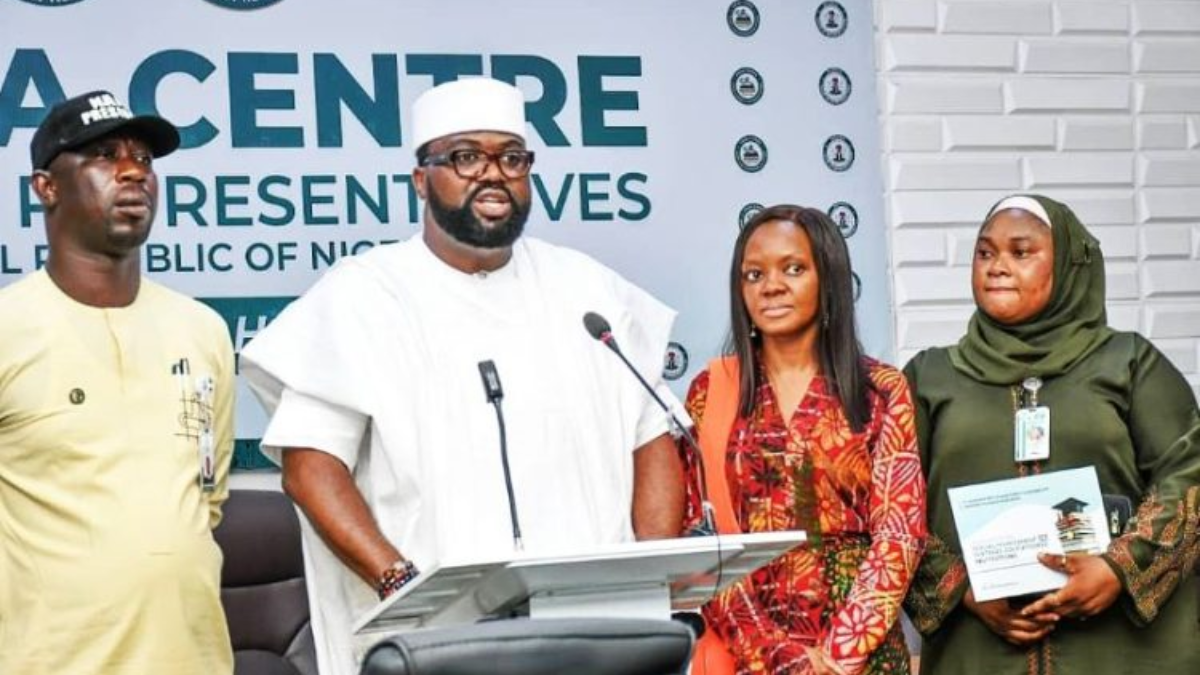On Monday, October 21, the Federal Government flagged off its construction project for 40 Judges’ quarters in Katampe, Abuja. This project has different meanings but it depends on who you’re asking.
If you ask the Chief Justice of Nigeria (CJN), Justice Kudirat Kekere-Ekun, these houses are important because “Judicial officers require peace of mind, security, and comfort in their residences to fully dedicate themselves to the rigorous task of interpreting and applying the law.”
If you were speaking to the FCT Minister, Nyesom Wike, he’d tell you that the construction of a Judges’ quarters by FG is important because “With that, it will be difficult for anybody to manipulate or interfere with their duties.”
Who approved the construction of the houses?
The Federal government approved this project and directed the FCT to oversee its execution- this decision was announced in September 2024 after a Federal Executive Council (FEC) meeting headed by President Bola Tinubu.
What was the reason behind the approval?
Back in September when the project was approved, Wike said the President came up with it because the President held the judiciary in high esteem and didn’t think their living conditions were safe or convenient. In Wike’s words, “he [Tinubu] finds it difficult how judges and Justices will be living in rented houses and hotels, that is not safe for our judicial officials, not convenient for them to do their work.”
What are the details of the project?
Following the flag-off ceremony on Monday, the construction of the houses has officially begun and will be completed in less than 15 months. Once it’s done, Ten of the houses will be allocated to the Federal High Court, ten will be given to the Court of Appeal and the remaining 20 will be allocated to the FCT High Court.
According to Wike, 70% of the money needed for the execution of the housing project had already been made available since September.
Why are people kicking against this move?
Back in September when the project was initially approved, some Nigerians took to their X accounts to express their concerns that a project of this kind might actually make judges impartial to the Tinubu administration.
After the flag off ceremony on Monday, October 21, the Human Rights Writers Association of Nigeria (HURIWA) released a statement saying the move to build houses for the judges was “an act of corruption.”
HURIWA feels strongly that FG’s housing project for judges is an indirect way of influencing their judgments and also taking away their independence, which is an essential part of their duties.
They said, “The independence of the judiciary is not merely a desirable attribute, but an essential characteristic of a democratic system of government, for it enables the judiciary to perform its constitutional role of protecting individual rights and ensuring that the other branches of government act within the limits of their constitutional authority.”
Should you be concerned?
Depends on how you look at it however, considering Nigeria’s history of determining election results in court and the Judiciary’s history of corruption, questioning FG’s move to give them houses is not out of place.




